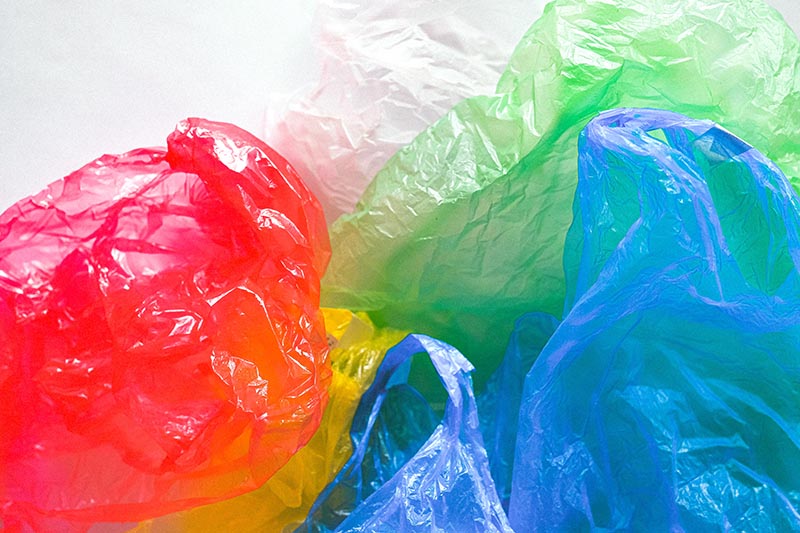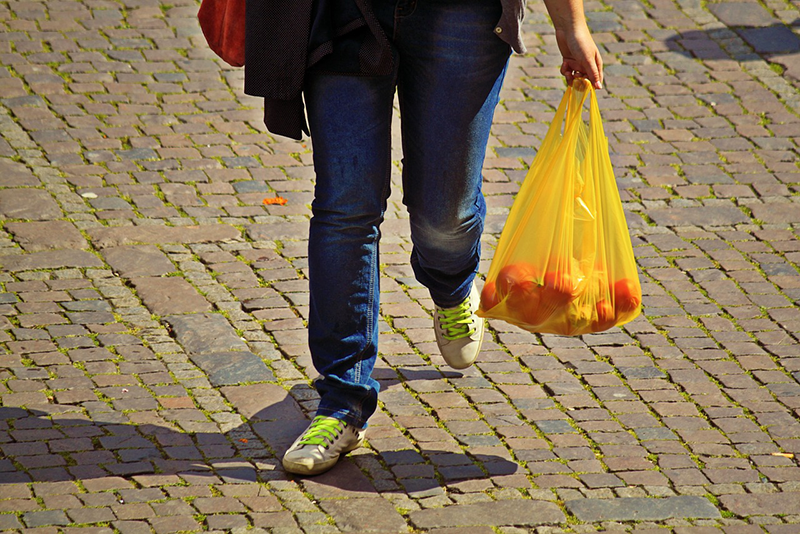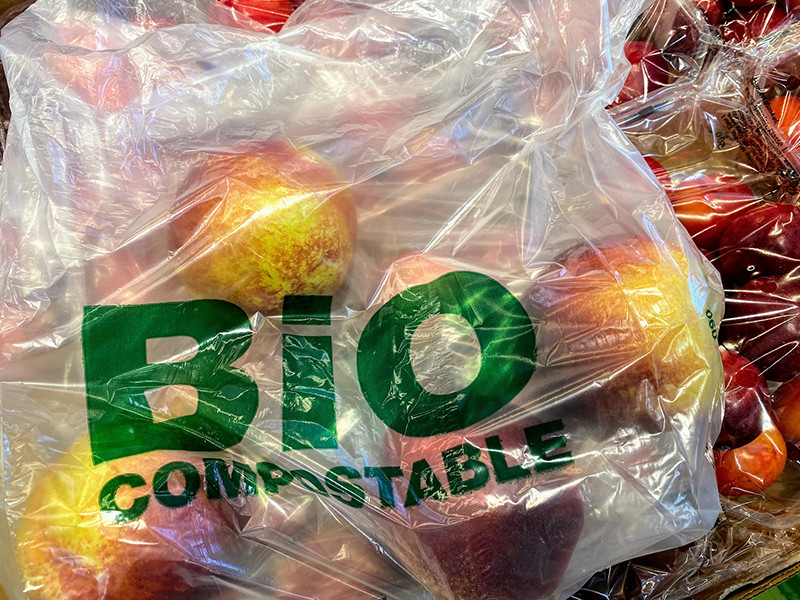Is Cellophane Recyclable? How Is it Properly Disposed?
-
Codee Chessher
- Last updated:

Everyone knows cellophane as the plastic-like material used as films on frozen food trays and to wrap flower bouquets, but few people know how it’s properly disposed of. Can you recycle cellophane? As it turns out, no, you can’t recycle cellophane.
While much cellophane is derived from synthetic products like petroleum, it’s usually made from natural cellulose and completely different from plastic. Hemp and cotton are the main materials used to make natural cellophane.
You can identify what type of cellophane you have by inspecting it. If it’s stretchy, it’s a plastic cellophane that you can recycle. If it’s not stretchy, it’s true cellophane that you can compost but not recycle. True cellophane also has “memory,” which means that it will remember or retain folds and creases. Plastic cellophane will just snap back to its normal shape when you manipulate it.
If you can’t recycle cellophane, how can you dispose of it in an environmentally responsible way? In the sections below we’ll answer that question, as well as go over some other relevant info about cellophane and recycling.
How to Properly Dispose of Cellophane

True cellophane derived from wood pulp and other natural materials can’t be recycled, but you can compost it. Because it’s made from a wood product, true cellophane will degrade in just a few months. This is good news for the environment because it means true cellophane won’t clog up landfills! You can simply throw true cellophane products in the trash without worrying. The bad news is that, in the meantime, it can’t be reused.
Unlike true cellophane, plastic cellophane is derived from synthetic petroleum products, much like plastic and gasoline. Because there’s no natural material, this cellophane isn’t biodegradable and takes up to 30 years to degrade. You can recycle it, though! Simply put plastic cellophane in the recycling bin with your other plastic recyclables. In some cases, recycling centers may not accept any cellophane products because the plastic and natural types can be hard to distinguish at a glance.
There’s little we can do to totally avoid waste, but going with true cellophane rather than plastic cellophane can help. Many products will label what type of cellophane is used in the packaging, but others don’t, so you can’t ever be absolutely sure which type you’re dealing with.
What to Use Instead of Cellophane

While plastic cellophane isn’t very eco-friendly, true cellophane is biodegradable and great for many purposes. It can be used to wrap gifts, bouquets, store food, and accomplish many other household tasks. Still, you can try to avoid using plastic cellophane and opt to use more eco-friendly alternatives.
Alternatives include:
- Glass
- Parchment
- Bee’s wrap
- Hemp
How to Reuse or Repurpose Cellophane
True cellophane is compostable and will break down, but can you reuse plastic cellophane to minimize waste? Yes! You can repurpose old plastic cellophane wrap from flower bouquets, cigarette packs, and other packaging. Let’s peruse a few ideas for reusing plastic cellophane below.
Ideas include:
- Food packaging
- Storage
- Gift wrap
Is Cellophane More Eco-Friendly than Plastic?

True cellophane products are much more eco-friendly than plastic because it’s composed of natural materials, decompose within a reasonable time frame, and don’t leech toxic chemicals into the earth. Plastic cellophane is chemically more similar to polypropylene plastics than true cellophane and can be recycled but not composted.
Conclusion
Cellophane is useful for storing food, bouquets, and other moisture-sensitive items, like tobacco. Using true cellophane over plastic cellophane is always the best option, but you can also recycle plastic cellophane. As far as eco-friendly materials go, cellophane isn’t the worst out there.
Featured Image Credit: Hans, Pixabay
Contents
